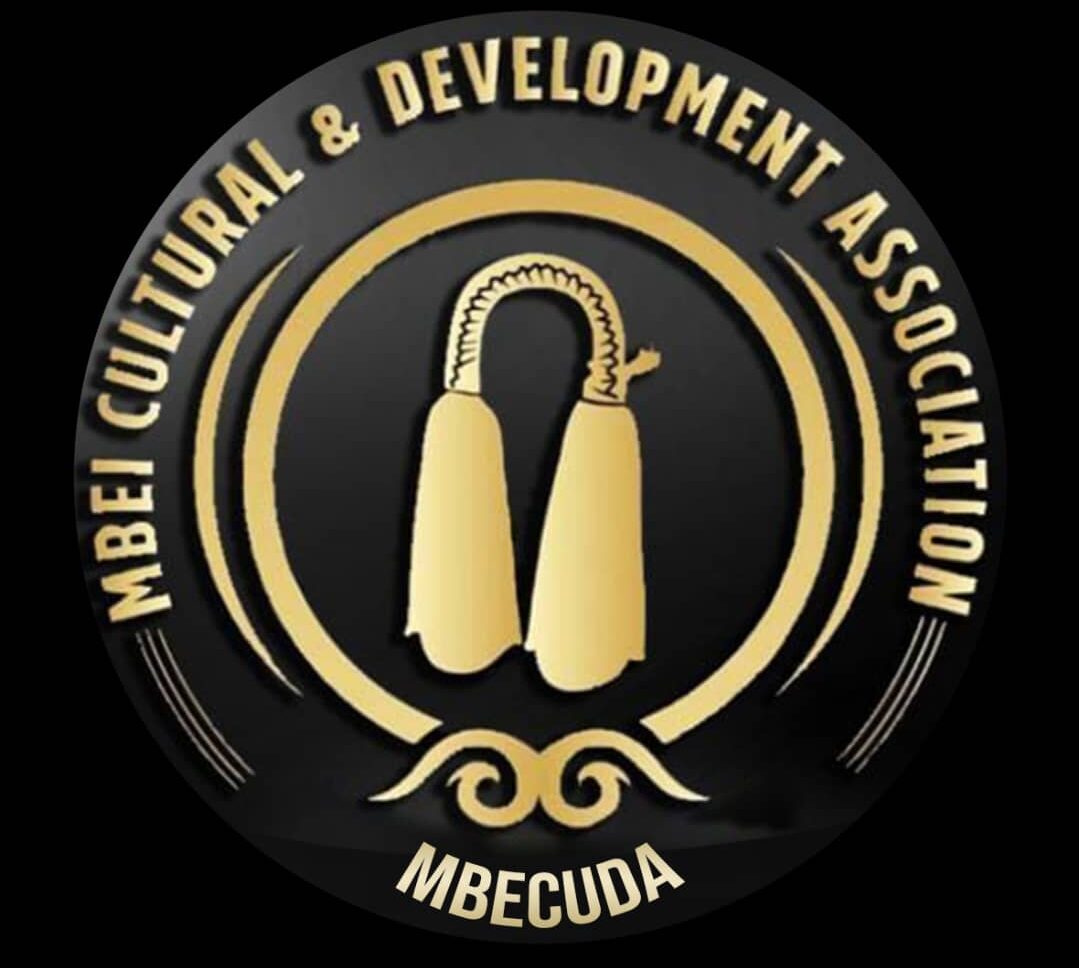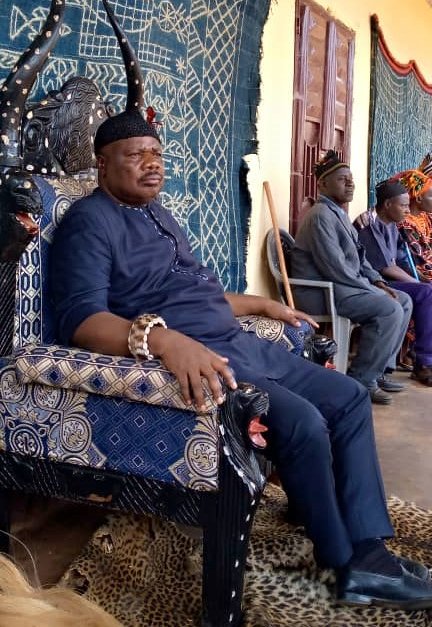The level of mobilization observed during the enthronement of FON MOKOM NJEI III on January 12, 2022 and during his reception in Yaounde February 26, 2022, are clear indications that Mbei sons and daughters at home and abroad, young and old, rich and poor, men and women alike, love their village very dearly. They are also fully mobilized to stand as one man behind the new Fon in promoting reconciliation, tolerance, the rapid development of our people as well as the recognition and territorial integrity of our beloved village. It is our desire to work towards maintaining and even surpassing this level of mobilization and commitment.

